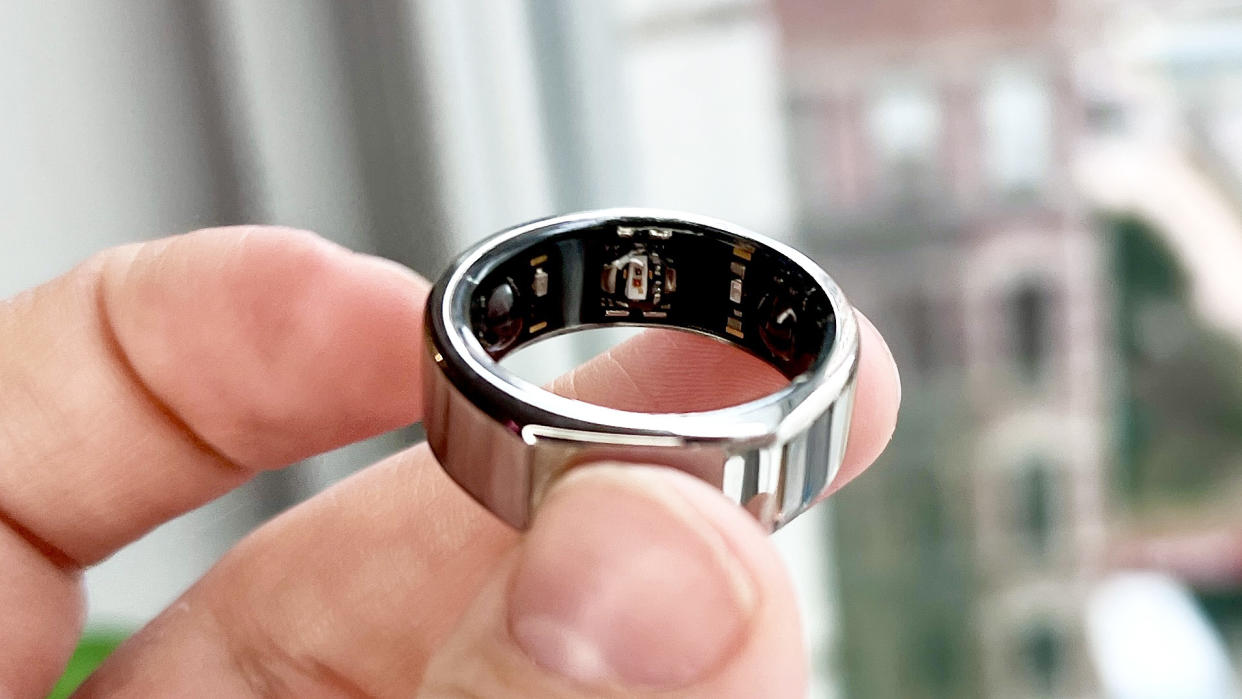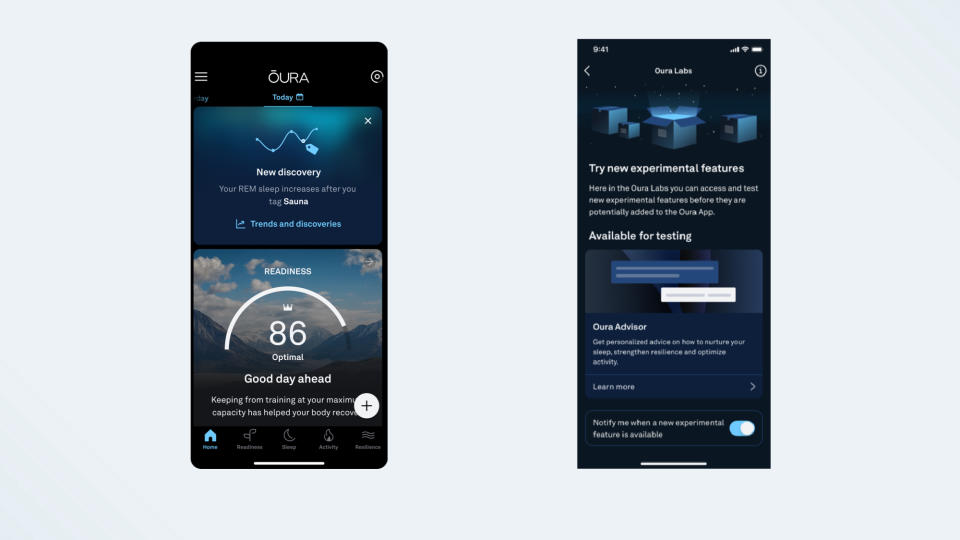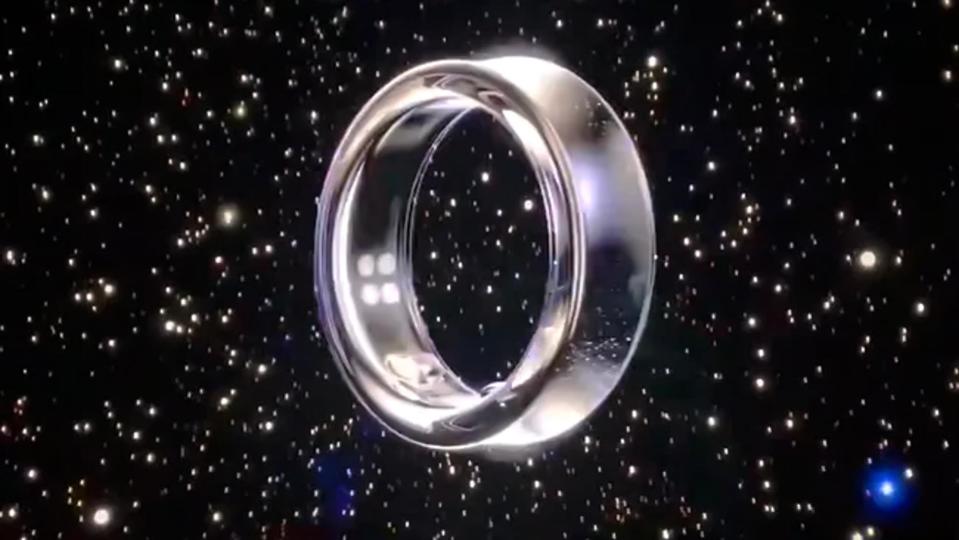Samsung's Galaxy Ring is on the way, Oura launches new AI features to stay ahead

We're just days away from the expected launch of the Samsung Galaxy Ring at this year's Unpacked event on July 10th, and it'll likely come with AI-powered analysis to offer actionable advice to improve your sleep and wellbeing.
But if you're an Oura Ring wearer, you're not left out of the AI action, as the company just unveiled Oura Advisor, a new suite of AI-backed insight tools, as part of its experimental features program, Labs, and you can try them out right now too.
All you need is an Oura Ring Gen 3 and an active membership, then you can opt into Advisor in the app's Labs tab, which will use "AI to empower [you] to achieve [your] health goals with personalized insights, recommendations, and encouragement."

Once enabled, you'll have all-day access to the AI health coach, and you can start a conversation with the advisor to ask questions, view progress reports, and get personalized recommendations based on your data and routines.
Oura also says that you'll be able to customize "coaching intensity and focus areas, providing tailored support for targeted lifestyle changes aligned with personal health objectives," so you can get insights that more closely reflect your goals.
According to the Oura Labs support page, you can customize the way the Advisor responds to you, from a supportive to a more goal-focused style. These chats are saved as 'memories' in the Oura app, so you can revisit them or delete as needed.
Can Oura Advisor take on Samsung's AI tools?
There are a few challengers to Oura's current dominance, like the budget-friendly Helio Ring and several others in early stages or set to launch in 2024. But the Samsung Galaxy Ring is the first from one of the large tech companies to really challenge Oura's position.
And from from what we've heard so far, Samsung is going all in on the ring and its health and fitness ecosystem. It'll probably be priced around $300 (the same as Oura), but we don't know if you'll need a monthly subscription, as you do with Oura.
We'll need to wait until Unpacked to find out exactly what Samsung has in store, but we have heard the Galaxy watches will get new AI features like personalized wellness tips, improved sleep analysis, and specific training thresholds for runners and cyclists.
The AI-backed analysis will likely be done on your phone, rather than on the watch, so the Samsung Health app may hold the experience together. If so, it's reasonable to expect that the Ring will have access to similar tools.
The Oura Advisor is one of the company's first major features to use AI tools, but Oura's success has been mostly built on the ring's interoperability; you can use it with any iPhone or Android phone, and connect to a wide range of third-party apps.

Some of the most useful so far have been Oura's integration with exercise app Strava, and its partnership with fertility app Natural Cycles, which is so effective that it knew our fitness editor was pregnant before she did.
The Samsung Galaxy Ring will likely only work within the Samsung ecosystem, so you'll need a Samsung Android phone, maybe even a Galaxy Watch, and the Samsung Health app to analyze data and keep tabs on your progress.
But the key to either ring's success will be actionable insights. After all, it's one thing to track your metrics, but all this data is only really useful if you can do something with it, and that's where these AI features may really come into their own.
Oura's first tentative steps into personalized insights sound useful, but also feel more like a reaction to the imminent launch of the Galaxy Ring. However, we won't know for sure how the Oura Ring stacks up to the Galaxy Ring until Unpacked on July 10.


